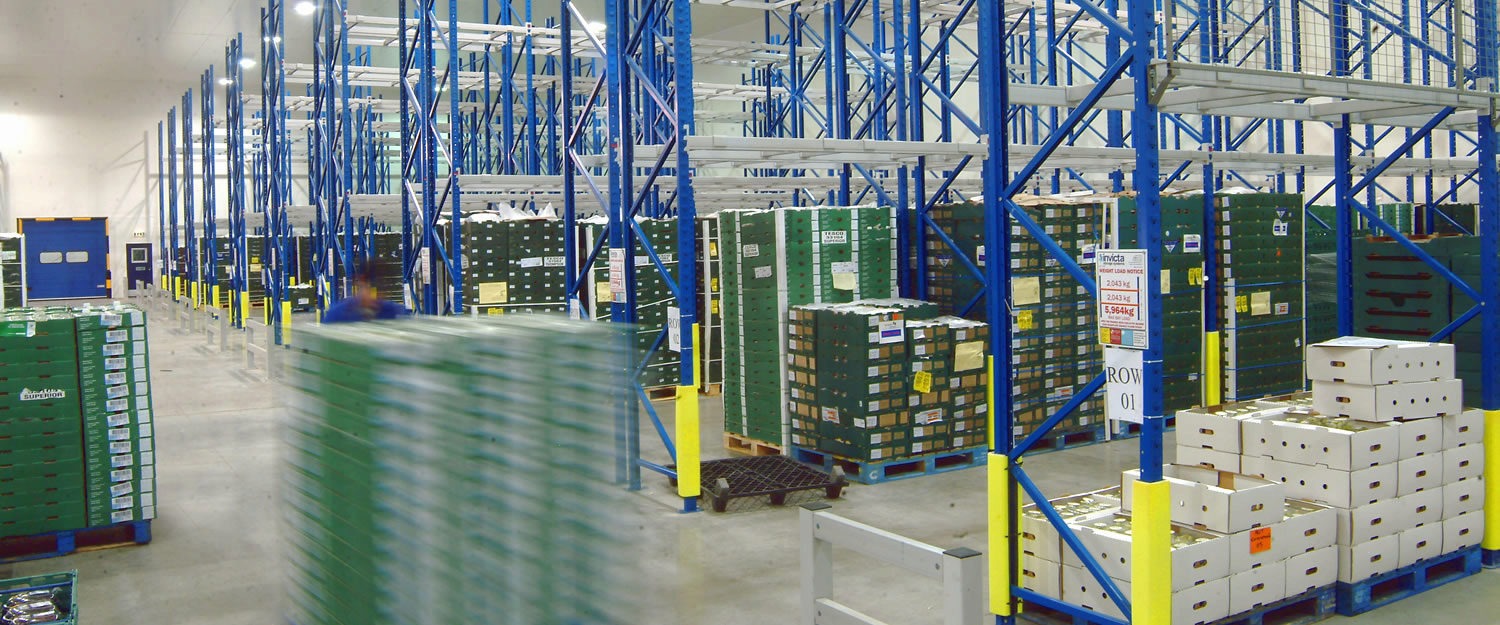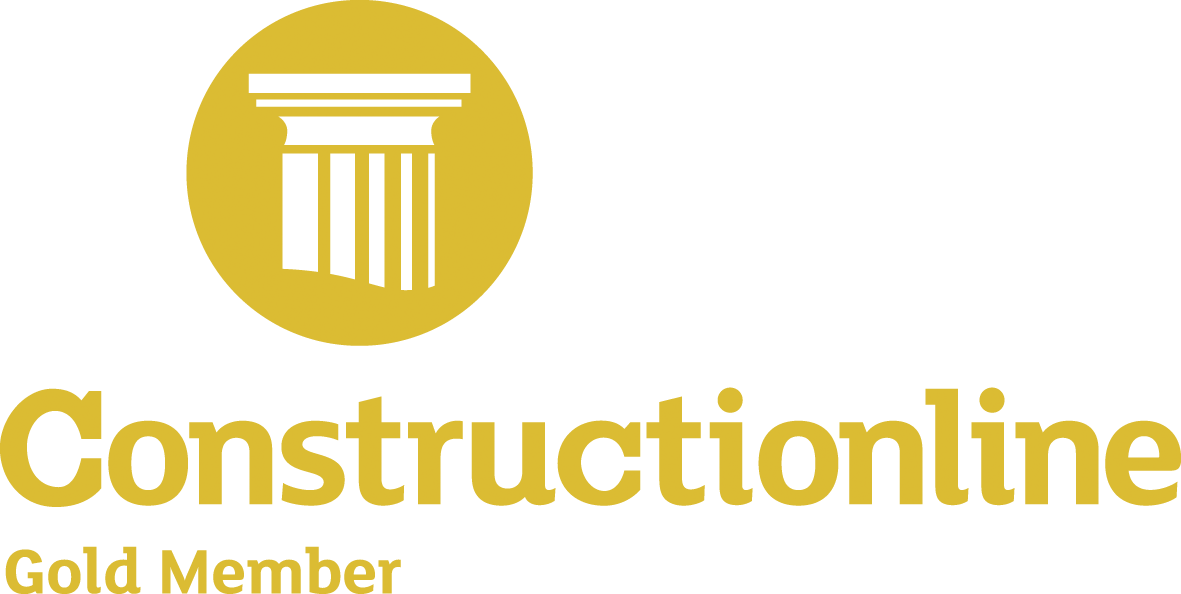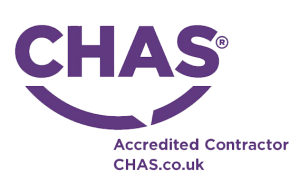For your information
You are being redirected to one of our divisional subsites which contains more detailed information on the required division. To navigate back to the main Invicta Group site, please click the link found in the footer at the bottom of the page.
Why do I need a Racking Inspection?
7th January 2020
The logical, legal and financial argument for inspections
Quick Quote
Contact Mick Coyne
To get a quotation or arrange a free site survey - Call Mick Coyne on
-
 UK
UK
Current location:
Quick Quote
Contact Mick Coyne
-
 UK
UK
Current location:
Racking is often installed based on its versatility, reliability and capability to support large loads – making it easy to fall into the trap of thinking that it requires minimal maintenance. While racking should certainly last for a long time and be resistant to damage, it’s also important to keep assessing its condition, so that you know when something is amiss.
While you shouldn’t leave all of your safety oversight to racking inspectors, regular inspections are an important element of health & safety compliance, as well as a means to protect people in the workplace. Here are just a few reasons why you need a racking inspection:
It’s a legal requirement
You may have read or heard that racking inspections are not mandatory. This is not true, and misunderstands the way the law works. While there is no law that specifically refers to racking inspections, there are a number of laws which cover the assessment and maintenance of equipment in the workplace – and these do include pallet racking, mezzanines and other storage areas.
The HSE guidelines on racking inspections – which state that you must inspect racking on a minimum annual basis – are not a law that you have to follow. Nor does this mean that you can’t inspect your racking more regularly. Instead, they provide advice on the minimum efforts you should go to to ensure you do comply with the law – which includes racking inspections.
It keeps your employees safe
Damage and faults to racking aren’t uncommon, but this doesn’t mean they aren’t serious. There’s a presumption that racking is durable enough to handle serious damage before it will do any harm, and that certain damage ‘can wait’ until the next scheduled assessment, or until the problem becomes more serious. This is the wrong attitude to take, and could put people at risk.
We’ve surely all seen the videos online of a collision that sends a whole warehouse full of racking toppling like dominoes. You may think that this is an issue with assembly, but it can just as easily be a flaw in otherwise sturdy racking that causes this chain reaction. In the worst cases, people can be badly injured by falling racking or goods, and even lose their lives.
Ensuring that your racking is regularly and properly inspected will flag up any faults as they occur, and before they evolve into serious hazards. By doing this, you’ll be ensuring that nothing is going to fall, break, collapse or otherwise endanger people anytime soon – giving you and your employees complete peace of mind.
It saves money in the long run
If the logical and emotive arguments didn’t sway you, then here’s a financial one: it’s cheaper to maintain and repair things than to replace them. The great advantage of modular racking is that the parts tend to be common and easy to replace if necessary. Spotting a problem in an inspection allows you to fix it before it becomes a more expensive one.
There’s also a potential cost benefit in compliance. Ensuring that you adhere fully to health & safety requirements will pay itself back over time, as you will be a more attractive proposition for prospective clients and employees. You’ll also avoid any fallout from failing to comply with safety legislation, which can occur hefty fines in the case of an accident or injury.
Racking safety compliance doesn’t need to be expensive, either. While annual inspections should be outsourced to professionals as a minimum requirement, you can also train up staff internally to improve their awareness of racking safety, and even to conduct periodic inspections. This will help to solve problems even more quickly, and avoid future payouts.











Share/Like this page